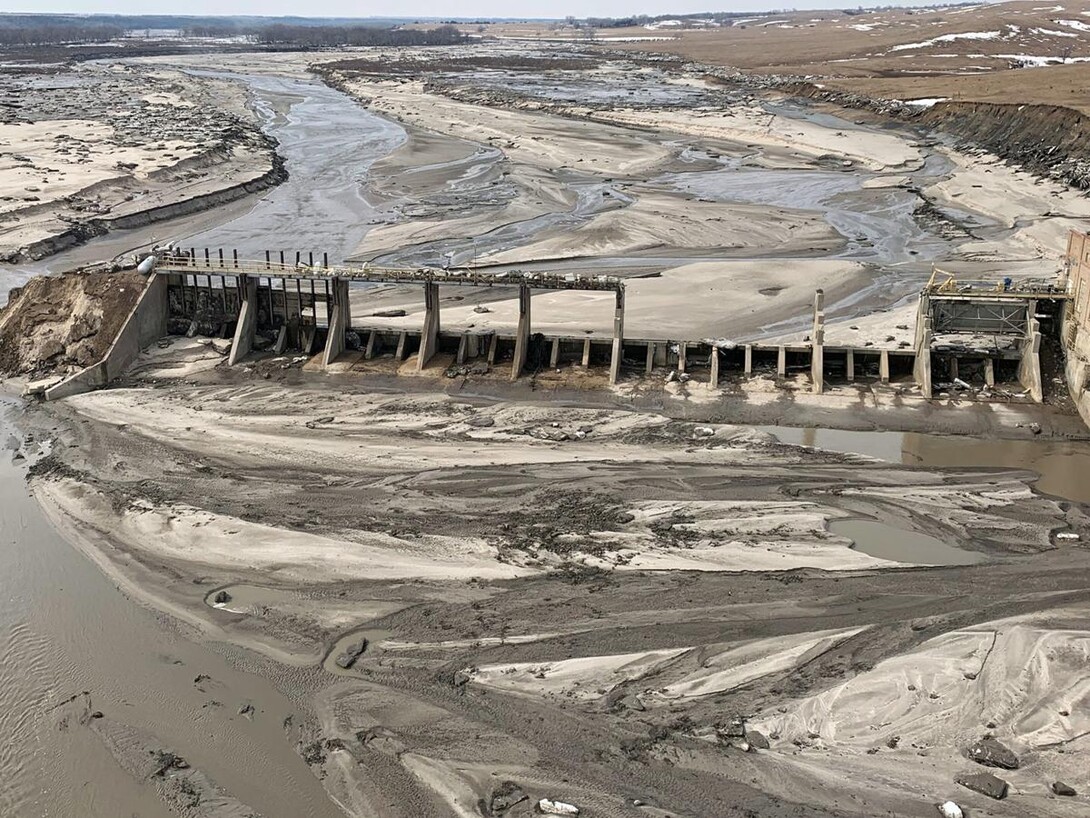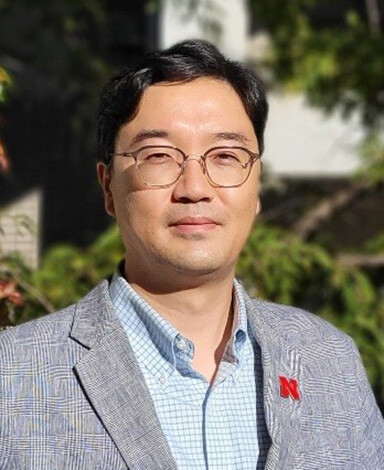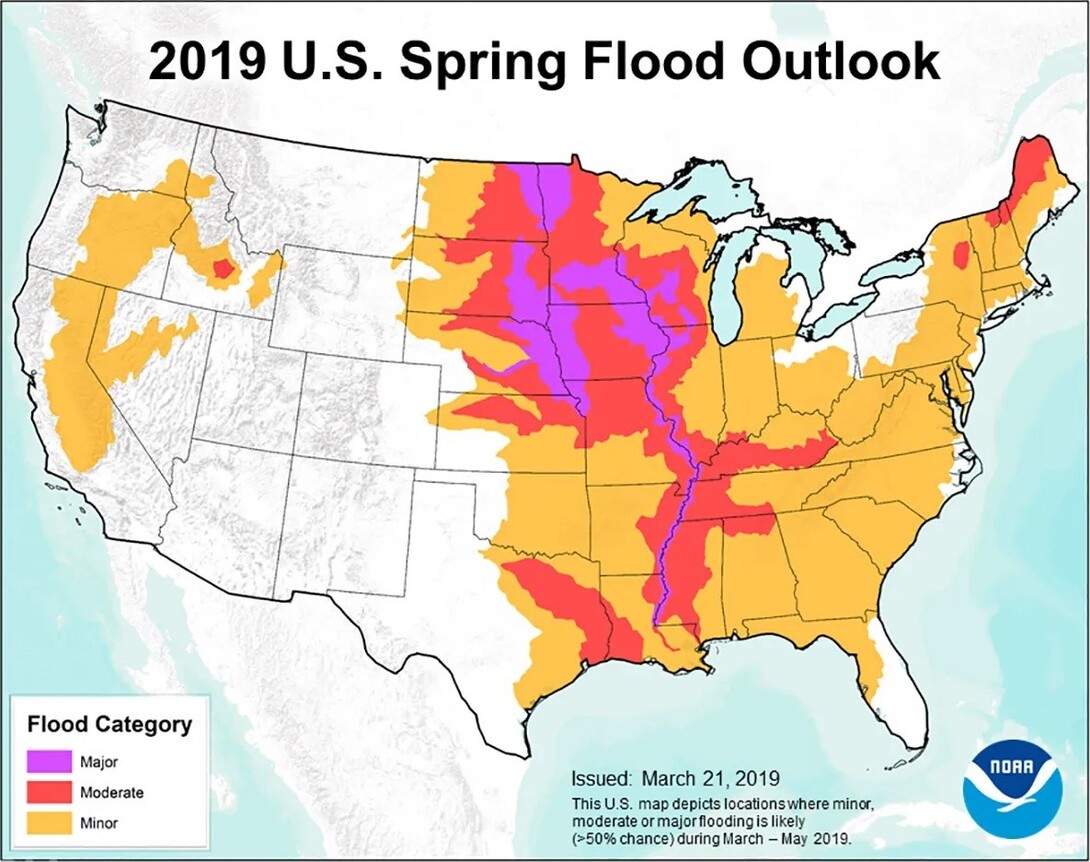
In March 2019, major floods hit the Midwest, primarily along the Missouri River and its tributaries in Nebraska and neighboring states. Record snow cover, combined with a quick warmup and heavy rain, left the frozen ground unable to absorb much water. In Nebraska, several cities had to evacuate residents; a dam and at least three bridges gave way; four people died; and flood damage was estimated at $1.3 billion.
At least eight of the 32 most significant floods of the 20th century were directly related to snowmelt runoff over frozen ground. This is expected to become even more common with climate variability, so better predictions of how soil conditions, in combination with frozen water in soils, may affect the severity of flooding is important to mitigate damage.

Jongwan Eun, associate professor of civil engineering, received a $635,820 grant from the National Science Foundation’s Faculty Early Career Development Program to conduct this research.
“While understanding and accurately predicting water infiltration characteristics in frozen soils is critical to avoiding these disasters in the future, these characteristics are not well understood,” Eun said. “There is a critical need to study the mechanisms of frozen soil infiltration and their implications for geohazards such as floods in a changing climate.”
His research will seek to better understand how frozen soil and water infiltration interact during freezing-thawing cycles. The findings could have implications for emergency management agencies, agriculture, communities and industry if they lead to better ways to predict and manage these conditions and reduce the impact of flooding.

Eun said this project will be the first comprehensive study to integrate multi-scale experimental testing and numerical modeling of water infiltration in frozen soils to understand the interactions of the soil-water-ice-pore matrix. As with all CAREER grants, Eun’s award includes an educational component. He hopes to cultivate interest among K-12 students in geo-hydrological science and cold region engineering systems through an after-school outreach program. Eun also expects to establish a sustainability curriculum in UNL’s College of Engineering by developing and delivering two new courses focused on cold region geological systems and geo-hydrological engineering.
NSF career awards support pre-tenure faculty who exemplify the role of teacher-scholars through outstanding research, excellent education and the integration of education and research.








